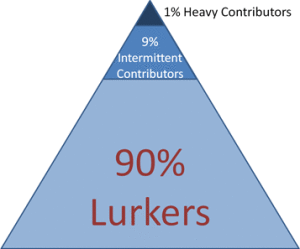ShareThis is rolling out a tool for “frictionless sharing.” That’s the term for those apps or widgets that “let” you broadcast everything you do on a site to your social network. I suppose it sounds great for publishers, because your content gets shared more, but…
As someone who reads stuff online, “Frictionless sharing” is a privacy disaster waiting to happen. Undo is nice, but in a world where updates are pushed instantly, you can’t count on it.
As someone who follows social networks, it’s just more noise. I don’t want to know every article you read in your latest wiki walk. I’ll tune it out, or I’ll tune you out. What I want to know is which articles, photos and videos you think are worth sharing.
